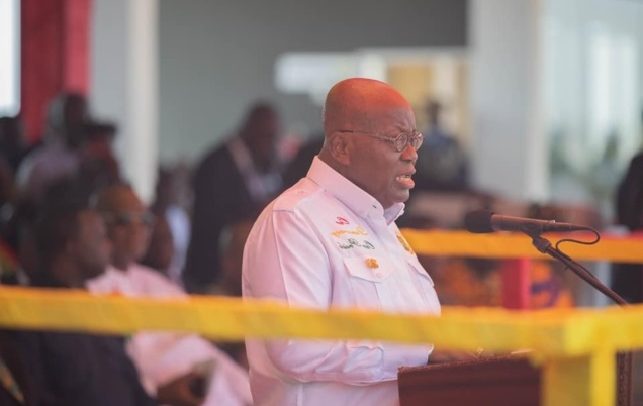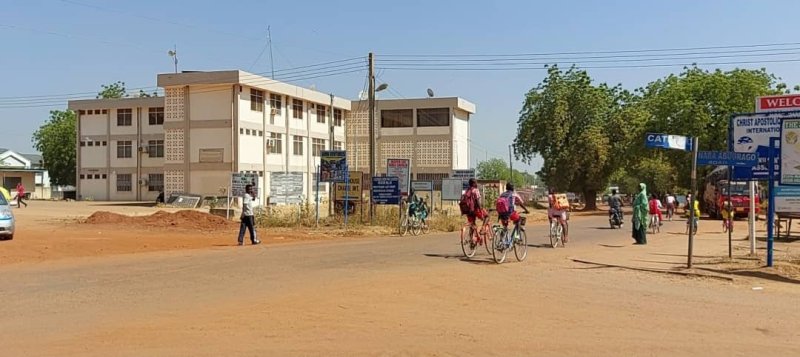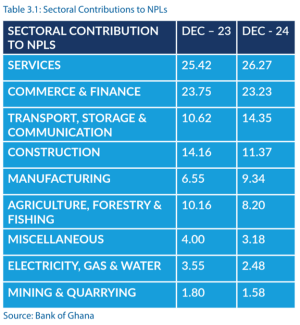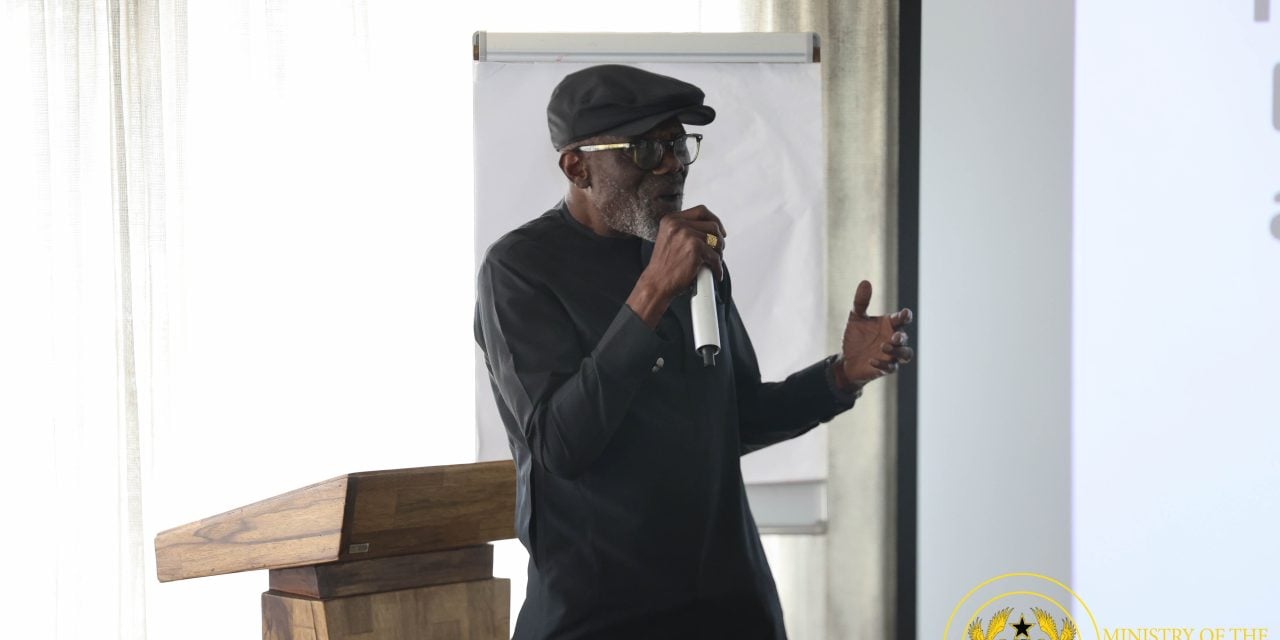
There has been this irking question that has been on minds for a while regarding the Ghanaian’s ability to survive especially in tough economic times. In essence, how are Ghanaians able to make ends meet when they earn so ‘little’?
Some have said that every Ghanaian is a “magician”. Again it is common to hear it said openly that in Ghana, everyone is a ‘manager’. Ask a Ghanaian how things are going and you are likely to receive the response – “Oh we are managing”.
It was Ex -President John Agyekum Kufour who ones said that in Ghana, workers pretend to work while government pretends to pay them. And he couldn’t have been more accurate. The incomes of the Ghanaian worker has generally been considered low especially when compared to the cost of living and the general cost of basic amenities like food, shelter, clothing and transportation.
So how does the Ghanaian worker survive in difficult economic times such as the recent past 4 years? This article explores the financial realities of the typical Ghanaian worker, the coping mechanisms they adopt, and the systemic issues that perpetuate economic hardship. From side hustles to communal support systems, we delve into how ordinary citizens navigate an economy that often seems stacked against them.
Ghana, often hailed as one of West Africa’s most stable democracies, has faced significant economic turbulence in recent years. Rising inflation, a depreciating cedi, unbelievably high unemployment rates, and escalating costs of living have made financial survival a daily struggle for the average worker.
Despite these challenges, Ghanaians exhibit remarkable resilience, employing various strategies to stretch their incomes and sustain their families. Ghana’s economic challenges are well-documented. Inflation, until recently has remained stubbornly high, eroding purchasing power.
The Ghana Statistical Service reported an inflation rate of over 40% in 2023, though it has since moderated remarkably and steeply downward towards single digits. Until a couple of months ago, the cedi’s persistent depreciation against major currencies further exacerbated the situation, increasing the cost of imported goods, including fuel, medicine, and machinery.
In the past year or so, public sector workers who form a significant portion of the formal workforce, sometimes faced salary delays and insufficient wages. The minimum wage, though periodically adjusted, remains inadequate to cover basic living expenses. Meanwhile, private sector employees contend with job insecurity, stagnant wages, and exploitative labor practices. Hence, ‘no where cool’ as they say in Ghana.
The Income-Demand Mismatch
For many Ghanaians, the fundamental problem is simple: earnings do not match expenses. A mid-level employee earning between GH¢1,500 and GH¢3,000 per month must contend with the most prominent challenge of Housing.
Rent in urban centers like Accra and Kumasi consumes a substantial portion of income. A single-room apartment in a middle-class area can cost between GH¢800 and GH¢1,500 monthly and most landlords demand an upfront payment of 1 to 2 years rent.
The second challenge to contend with is transportation. Fuel prices often remain volatile, and public transport fares rise accordingly, hardly falling when fuel prices drop. Workers commuting daily spend between GH¢200 and GH¢500 monthly on transport.
Then there is the issue of food. Staple foods like rice, maize, and cooking oil have seen price surges. A family’s monthly food budget can exceed GH¢1,000. Utilities are next. Electricity and water tariffs have increased substantially over the past year, with households paying between GH¢200 and GH¢600 monthly.
School Fees, books, and uniforms add another layer of financial strain, especially for parents with multiple children. And despite the National Health Insurance Scheme (NHIS), many still pay out-of-pocket for medications and specialized treatments. After accounting for these essentials, little to nothing remains for savings, emergencies, or investments.
Given these pressures, Ghanaian workers employ various strategies to survive. The concept of a single salaried job sustaining a household is increasingly unrealistic. Many workers engage in side businesses, selling mobile credit, baked goods, clothing, or offering freelance services.
Teachers tutor after school, bankers run small retail shops, and civil servants engage in farming during weekends. The informal sector becomes a critical lifeline. Extended family networks also play a crucial role in financial survival. Thanks to Ghana’s strong extended family culture, it is common for relatives to pool resources for rent, medical bills, or school fees.
Some urban workers live with extended family to cut housing costs, while many rely on remittances from abroad. Ghana received $6.65 Billion Dollars in remittance inflows in 2024 alone as reported by the Bank of Ghana. This serves as additional support for the average Ghanaian Worker owing to the strong ties of extended family cultural systems.
Discretionary spending is often the first casualty. Workers reduce entertainment, luxury purchases, and even essential expenses like protein-rich foods. Rather than the usual ‘fired rice and grilled chicken, some individuals may opt for ‘yor ke gari’ (gari and beans), a popular common and simple Ghanaian meal. Many opt for cheaper, less nutritious meals to save money. With banks offering high-interest loans, many turn to susu (traditional savings schemes) or mobile loan apps like MTN Loan.
While helpful in emergencies, these can lead to debt cycles if not managed carefully. Some workers maintain farms in their hometowns while holding urban jobs. They travel periodically to oversee crops or livestock, supplementing their food supply and income.
To maximize value, workers shop at dawn in bulk at wholesale and weekend markets like Railways, Makola or Agbogbloshie, where prices are lower than in retail shops. Some also buy foodstuffs directly from rural areas where they are cheaper.
While individual resilience is commendable, systemic issues continue to undermine workers’ financial stability. The generally low salaries have not kept pace with inflation. Many workers, even in skilled professions, earn wages that barely cover basic needs. Job creation lags behind population growth.
Many graduates remain unemployed for years, while others take low-paying jobs unrelated to their qualifications. The statistical service reports that averagely, 300,000 tertiary students graduate every year and enter the job market. The rate of job creation hardly supports such high numbers of graduates and waiting periods for getting a job after graduation can span between 12 to 24 months.
Government interventions like LEAP (Livelihood Empowerment Against Poverty) and NHIS provide some relief but are insufficient for most workers. Pension schemes are often inadequate, leaving retirees in financial distress.
The recent Domestic Debt Exchange Program (DDEP) by the past government left a lot of pensioner’s investments restructured and unpaid with many other workers losing some of their hard earned savings.
Despite earning modest incomes, workers bear heavy tax burdens, including VAT, NHIL, and utility levies. A outrageous levy, the Covid Levy, remains a part of government’s tax buildup some 5 years after the Covid-19 pandemic.
These deductions further shrink take-home pay. Ghana’s reliance on imports means that cedi depreciation directly increases prices of fuel, electronics, and even locally produced goods that depend on imported raw materials. So the problem is not only situational, it is also structural. It may be fair to say that Ghana’s economic and public financial structures impoverish Ghanaian workers.
Addressing these challenges in my view requires both short-term interventions and long-term structural reforms. Periodic minimum wage adjustments should reflect actual living costs. This is an ongoing conversation for over 20 years. Government and financial institutions should provide low-interest loans and training for small businesses, enabling workers to build sustainable side incomes.
It is expected for the Bank of Ghana to significantly drop interest rates to afford workers the opportunity to access loans for rent/housing means of transport and other assets that reduces their day to day financial burden. Reducing import dependency by boosting local production of food and manufactured goods can stabilize prices and create jobs.
Public housing schemes and efficient mass transit systems (e.g., expanded metro services) could reduce workers’ expenditure on accommodation and commuting. Expanding social welfare programs, improving healthcare access, and ensuring pension adequacy would provide much-needed security.
These will need sweeping reforms in various strategic areas of the Ghanaian economy – better pay and benefits systems, housing, transportation, pensions and the pursuit of government policies to intentionally and deliberately create jobs.
The average Ghanaian worker is a master of survival, navigating an unforgiving economy with creativity and determination. However, resilience alone cannot substitute for systemic reforms. While side hustles and communal support provide temporary relief, sustainable solutions lie in policy shifts that prioritize workers’ welfare, economic stability, and inclusive growth.
Until then, the story of the Ghanaian worker remains one of perseverance—stretching meager earnings, juggling multiple jobs, and hoping for a future where making ends meet does not require such Herculean effort.
The post HR Frontiers with Senyo M Adjabeng: How the average worker makes ends meet: Surviving amid economic challenges appeared first on The Business & Financial Times.
Read Full Story

















Facebook
Twitter
Pinterest
Instagram
Google+
YouTube
LinkedIn
RSS